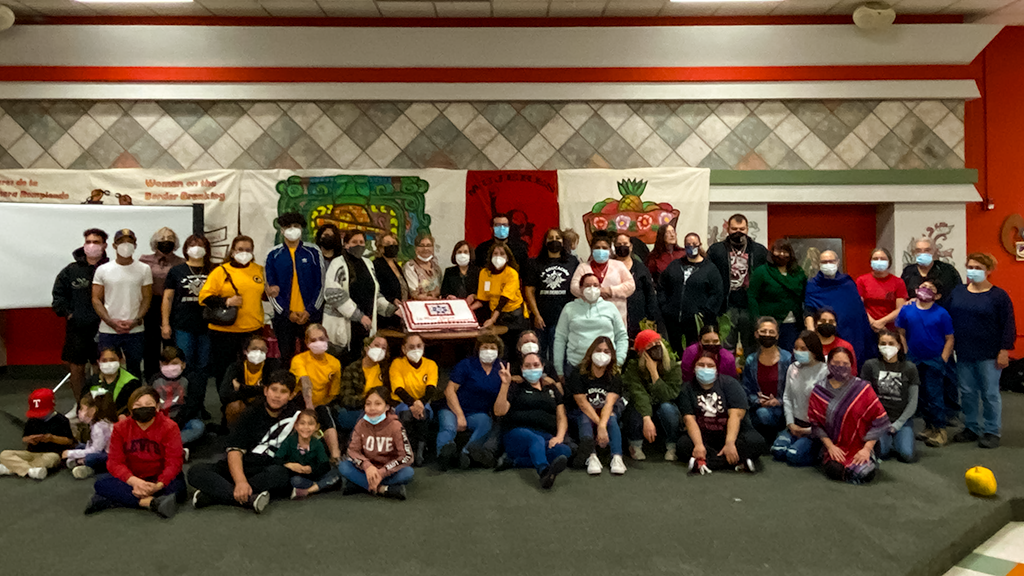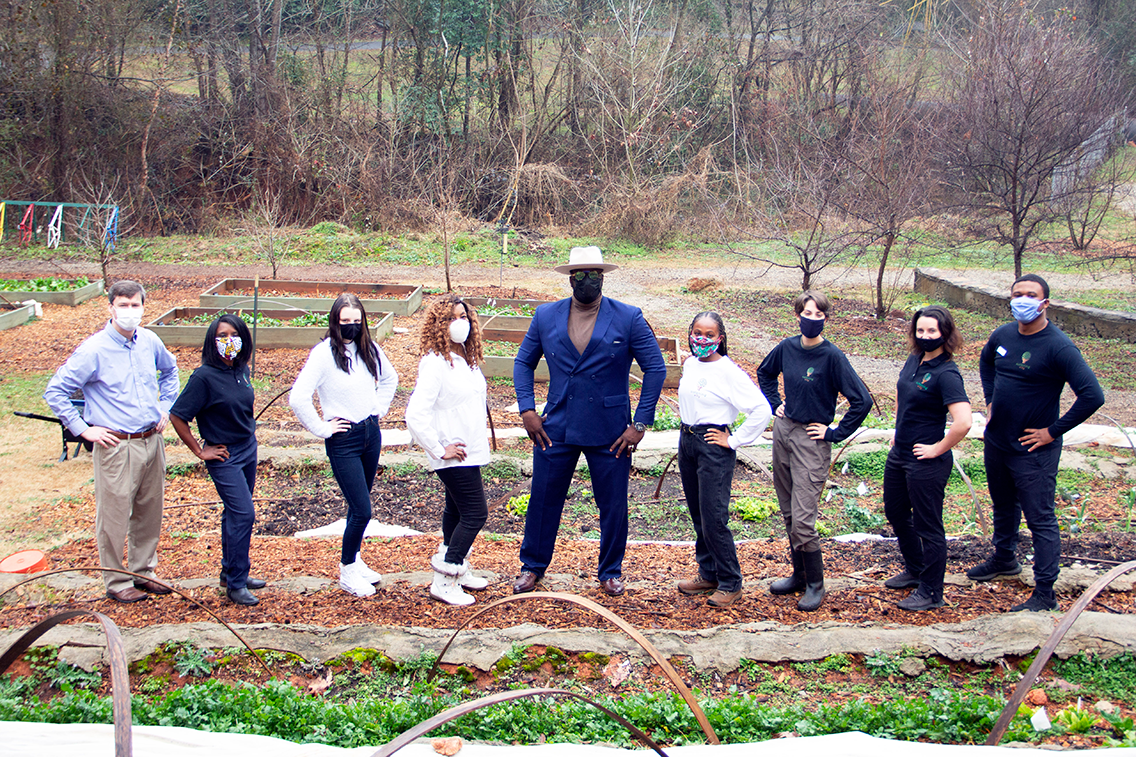The Partnership for Resilient Communities (PRC), the flagship program of the Institute for Sustainable Communities (ISC), has grown significantly since its founding in 2016. One thing that has not changed, however, is its dedication to supporting community-based organizations as they lead and implement resilience-building efforts, and connecting local leaders of color to one another.
Now, as ISC prepares for the new year, PRC is welcoming aboard a new cohort and growing from 10 distinct partner organizations and locations to 14.
“Lack of climate resilience is attributed to insufficient resources in historically and currently disinvested communities of color. Community leaders and community organizations already have the ideas needed to ensure their residents thrive and lead on climate justice,” said Sonia Joshi, director of U.S. Programs at the ISC. “PRC’s goal is to support communities as they build capacity to address climate change impacts. The growth of the program expands the power of local leaders who will guide the grassroots strategies that will address the climate inequities in their communities and serve as an example as they learn from and share with others.”
“PRC’s goal is to support communities as they build capacity to address climate change impacts. The growth of the program expands the power of local leaders who will guide the grassroots strategies that will address the climate inequities in their communities and serve as an example as they learn from and share with others."
The new cohort for PRC includes a mix of new partners and locations and continuing partners and locations from the previous cohort. As with every PRC project, partners will be planning out their proposed community resilience projects before going through an implementation phase, and receiving technical and financial assistance from ISC.
New organizations joining the PRC cohort include Emancipation Economic Development Council (Houston, TX); GreenRoots (Chelsea, MA); Groundwork Ohio River Valley (Cincinnati, OH); Overbrook Environmental Education Center (Philadelphia, PA); Sustaining Way (Greenville, SC) and Youth Ministries for Peace and Justice (Bronx, NY).
Continuing partners and locations from the previous phase include Asian Pacific Environmental Network (Richmond, CA); California Indian Museum and Cultural Center (Santa Rosa, CA); Eastside Community Network (Detroit, MI); Healthy Community Services (New Orleans, LA); La Mujer Obrera (El Paso, TX); Power52 (Baltimore, MD); Virginia Environmental Justice Collaborative (Petersburg, VA) and Walnut Way Conservation Corp. (Milwaukee, WI).
PRC: Building Sustainable Connections
Often, the best part of PRC is being able to hear from like-minded leaders and organizations, learning from one another in peer-to-peer sessions and fellowshipping together in the national network of leaders of color that ISC has worked to nurture.
Connecting to Mother Earth in Chamizal
La Mujer Obrera (LMO) has a long history in El Paso, TX, specifically the neighborhood of Chamizal. Founded in 1981, LMO is engaged in community organizing on many fronts that include working at various intersections such as women’s rights, building community knowledge through ancestral food traditions, and supporting residents’ environmental health, housing, education and quality of life.
The essence of its community resilience work, Cemelli de Aztlan, a community organizer with LMO explains, is rooted in green infrastructure projects and connecting the community with nature.
Part of what we say is we need to heal our relationship with each other and with Mother Earth,” de Aztlan said. “It’s not a matter of putting a stamp of resilience on this community. It’s a matter of reteaching.”
La Mujer Obrera, one of PRC’s continuing organizations, is looking forward to ramping up its work in green infrastructure – whether it’s through the work they do at their community farm, addressing the urban heat island effect and other climate issues in their community, or working with the abuelas to learn more about the way they see plant life and the impacts those plants have on the overall community.

“It’s not a matter of putting a stamp of resilience on this community. It’s a matter of reteaching.”
““The funding from PRC really nourishes that work,” de Aztlan added. “Having the guidance, support and camaraderie in these circles…[we are] appreciative to be a part of the learning process together.”
A Sustaining Way of Living

Sustaining Way, based out of Greenville, S.C., is an organization that is new to the PRC program and ISC. Executive Director Michael Brown describes it as a unique organization that serves some of the most impacted communities in upstate South Carolina.
As the organization’s name suggests, Sustaining Way centers principles of sustainability as it addresses issues within its communities. From food insecurity to housing affordability and youth education, Sustaining Way works at the intersection of many community issues to create direct impact while also working to mitigate impacts on the climate stemming from environmental injustice in its community.
Brown noted that the organization is excited to be a part of the new cohort and fellowship with others, particularly as Sustaining Way continues to focus more on environmental justice and energy efficiency.
“While we seek to serve the communities we are in, there are certainly a lot of things that we can learn more about,” Brown said. “This opportunity helps us do a whole lot more in a more efficient way, with a studied focus from what’s already been done with other organizations.”
“Iron sharpens iron,” he added. “We only hope that this will be a process that will be benchmarking [and] be a continuing opportunity of brotherhood in this effort.”
